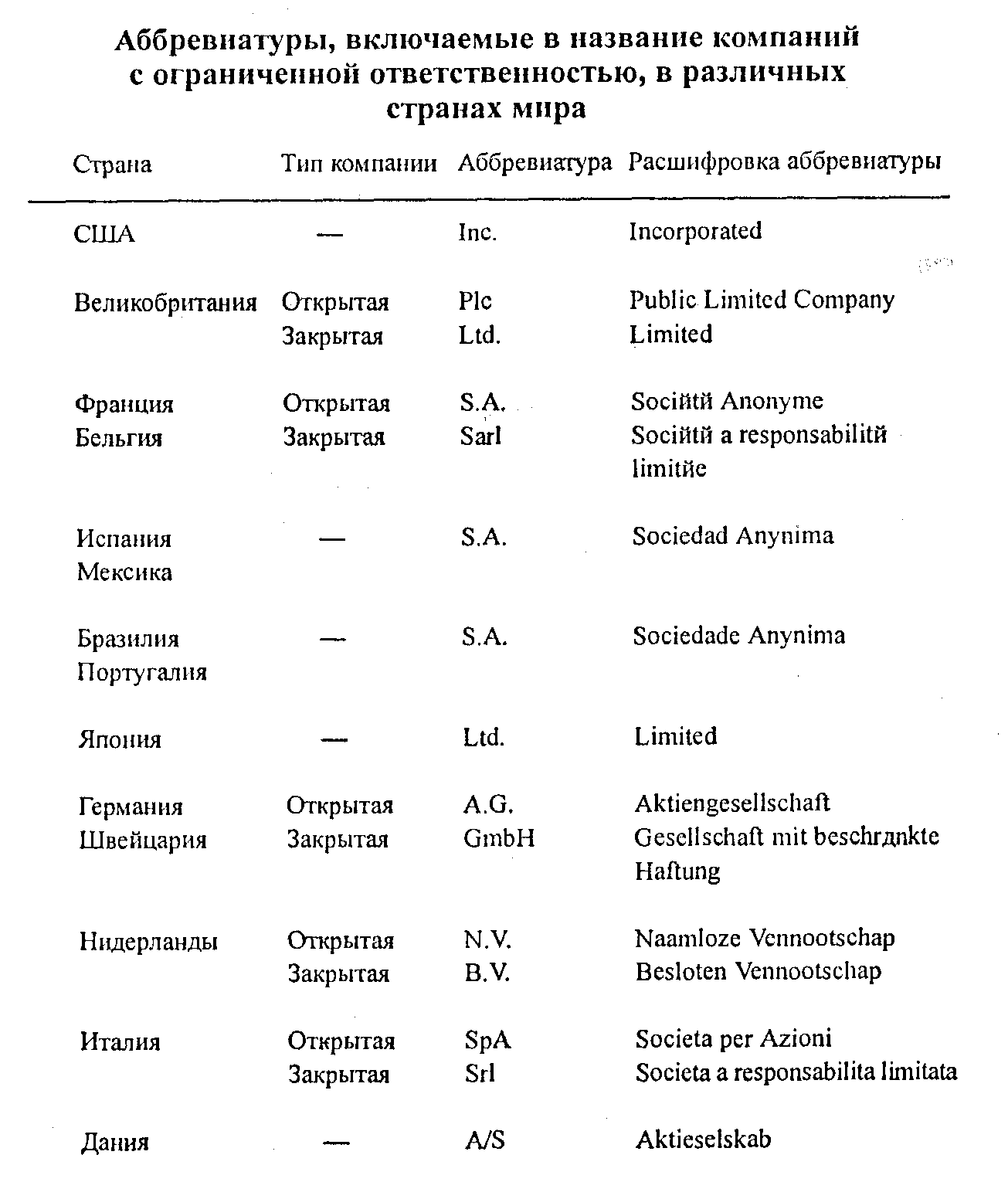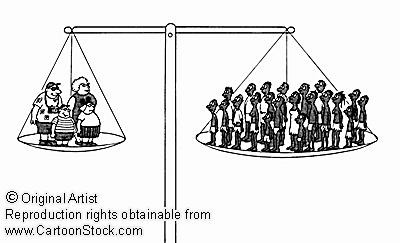
- •I. Basics of Economics
- •Vocabulary
- •II. Modern Economic Thought
- •Vocabulary
- •III. Types of Businesses
- •Vocabulary:
- •IV. Values
- •Vocabulary:
- •V. Russian Economy
- •Vocabulary:
- •VI. International Trade
- •Vocabulary:
- •VII. Market Structure
- •Vocabulary:
- •VIII. Marketing
- •Vocabulary:
- •IX. Promotion
- •Vocabulary
- •X. Advertising
- •Vocabulary:
- •An outsider is speaking to a young marketing specialist about advertising.
- •XI. Globalization of World Economy
- •Vocabulary:
- •Vocabulary:
- •XII. Competition
- •Vocabulary:
- •Vocabulary:
Vocabulary:
head-on – (зд.) прямой
strength – сильная сторона
weakness – слабость
current – текущий, настоящий
currently – сейчас, в данный момент
in response to – в ответ
to identify – выявить
foil – фольга
food storage – хранение продуктов
to dislodge – выгонять, смещать
established leader – признанный лидер
to defend – защищать
to fight back – отвоевывать
sales rep – репетиция продаж
middleman – посредник
ethical issue – этический вопрос
to spy on – шпионить
damage award – компенсация за убытки (ущерб)
Task 6. Match the questions to their answers (below)
1. Why do marketing managers often turn to competitor analysis?
2. What are competitive barriers?
3. Where do Dow ZipLock bags, Reynold's aluminum foil, Sarah Wrap, and Tupperware containers compete?
4. Why is it so difficult to dislodge a competitor who is already a market leader by attacking with a strategy that has similar strengths?
5. May the information about competitors be available?
6. Who is a “marketing manager”?
7. How much did Keebler Co., Nabisco Brands, and Frito-Lay pay Procter & Gamble for stealing secrets about its Duncan Nines soft cookies?
a. The court ordered them to pay $125 million in damages.
b. Yes, much public information may be available, though most firms try to keep the specifics of their plans secret.
c. They do it because they try to avoid head-on competition by understanding not only of customers but also of competitors.
d. It is difficult because a market leader can usually defend its position by quickly copying the best parts of what a new competitor is trying to do.
e. These are the conditions that may make it difficult, or even impossible, for a firm to compete in a market.
f. They compete in the same market for food storage needs.
g. It is a person who works out the right strategy of the firm.
Task 7. Complete the sentences using the information from the text
I. Competitive barriers may….. . competitors' responses to a new strategy.
a) limit
b) change
c) block
2. Supporting a competitive advantage requires special attention to competitor's……
a) strengths and weaknesses
b) consumers and marketing mix
c) trade publications and middlemen
3. Right Guard did not quickly fight back against Old Spice because
a) they didn't have any new strategy
b) they didn't need it as the company was an established leader
c) Right Guard didn't like the aerosol cloud
Task 8. Explain to your friend what the following words and phrases mean
- competitor analysis
- competitive barriers
- an established leader
- damage awards
Task 9. Answer the following questions
1. What is the best way to avoid head-on competition?
2. Why should marketing managers use competitor analysis and consider competitive barriers?
3. Can companies offering quite different products be competitors? Why?
4. Where do such companies as Dow ZipLock and Saran Wrap compete?
5. Is it possible to dislodge an established competitor? When? Give an example.
6. What are the main sources of competitor information?
7. Is it legal to spy on competitors?
8. Why is it very costly to step over the line of ethical behaviour? Give some examples.
Task 10. Put down all verbs used with the following word combinations:
1. Head-on competition
2. Competitor analysis
3. Competitive barriers
Task 11. Fill in the table:
Rules for a marketing manager to avoid head-on competition |
Examples |
|
|
Task 12. Split into pairs and act out the following situations
Situation A. You are an experienced marketing manager. Help your sister who is just starting to work in this area. She knows that one of the aspects of her job will be avoiding competition and fighting against it. Give her some reasonable advice and answer all her questions.
Situation B. You are very happy because last week you were employed by a big company as a marketing manager. Your boss told you that the company had many competitors and your task was to attack them. Ask him about the secrets of this job.
Your situations.
СПИСОК ЛИТЕРАТУРЫ
1. Агабекян И.П., Ковленко П.И., Кудряшова Ю.А. Английский язык для экономистов : учеб. пособие. – М.: ТК Велби, Изд-во Простпект, 2007.
2. Агабекян И.П. Английский дл яэкономистов / И.П. Агабекян, П.И. коваленко. – Изд. 5-е, доп. и перераб. – Ростов н/Д: Феникс, 2005.
3. Аванесян Ж.Г. Английский язык для экономистов: учеб. пособие для студентов экон. Специальностей / Ж.Г. Аванесян. 2-е изд., стер. – М.: Омега-Л, 2006.
4. Богацкий И.С., Дюрканова Н.М. Бизнес-курс английского языка. Словарь-справочник. Под общей ред. Богацкого И.С. – 5-е изд., испр. – Киев: Логос, 2002.
5. Глушенкова Е.В. Элементарный английский для экономистов : учеб. пособие / Е.В. Глушенкова, Е.Н. Комарова. – М.: Астрель: АСТ: Транзиткнига, 2006.
6. Дубинина Г.А., Драчинская И.Ф., Матявина М.Ф. Английский язык: Пособие для вузов / Г.А. Дубинина, И.Ф. Драчинская, М.Ф. Матявина – 3-е изд., исп. И доп. – М.: Издательство «Экзамен», 2003.
7. Закоморная Е.А., Яшина С.Л. Английский для экономистов. Издание третье, испр. и доп. Пособие по английскому языку для студентов экономических факультетов вузов. - М.: ИКЦ МарТ, Ростов н/Д: Издательский центр МарТ, 2006.
8. Куликова О.В. Английский язык для экономистов-международников. Учебник. Второе издание. – М.: ГИС, 2006.
9. Sloman J. Sutcliffe M. Economics: Student Workbook and Reader. – Prentice Hall, 2003.
10. Wood N. Tourism and Catering Workshop. – Oxford.: Oxford University Press, 2003.
ПРИЛОЖЕНИЕ 1.

ПРИЛОЖЕНИЕ 2.




